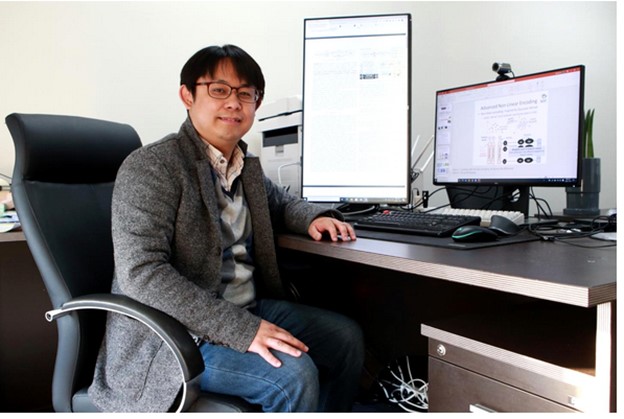Yeseong Kim of Daegu Gyeongbuk Institute of Science and Technology (DGIST) recently led an effort that speeds up complex data processing by running its algorithms inside its memory. The result is time and energy savings in computer applications that generate a large amount of data.
According to Kim, running clustering algorithms on traditional cores results in high energy consumption and slow processing, as a large amount of data needs to be moved from the computer’s memory to its processing unit, where the machine learning tasks are conducted.
In response to the challenge, Kim and his colleagues developed DUAL–digital-based unsupervised learning acceleration, enabling computations on digital data stored inside computer memory. It maps all the data points into high-dimensional space similar to data points stored in many locations within the human brain.
Currently, most PIM architectures are analog-based and require analog-to-digital and digital-to-analog converters, using a huge amount of computer chip power and area. They also work better with supervised machine learning, which includes labeled datasets to help train the algorithm.
Unsupervised machine learning trains an algorithm to recognize patterns in large datasets without providing labeled examples for comparison. One approach is a clustering algorithm, grouping similar data into different classes. The algorithms are used for such data analyses as identifying fake news on social media, filtering spam in our e-mails, and detecting criminal or fraudulent activity online.
DUAL efficiently speeds up many different clustering algorithms, using a wide range of large-scale datasets, significantly improving energy efficiency compared to a state-of-the-art graphics processing unit. The researchers believe this is the first digital-based PIM architecture that can accelerate unsupervised machine learning.

